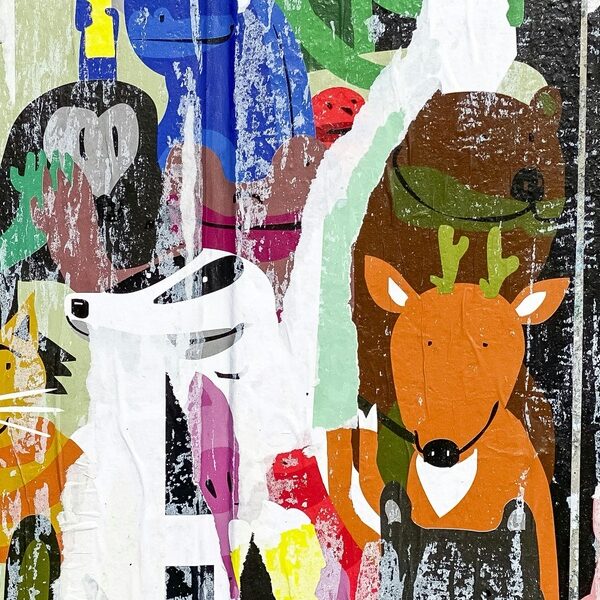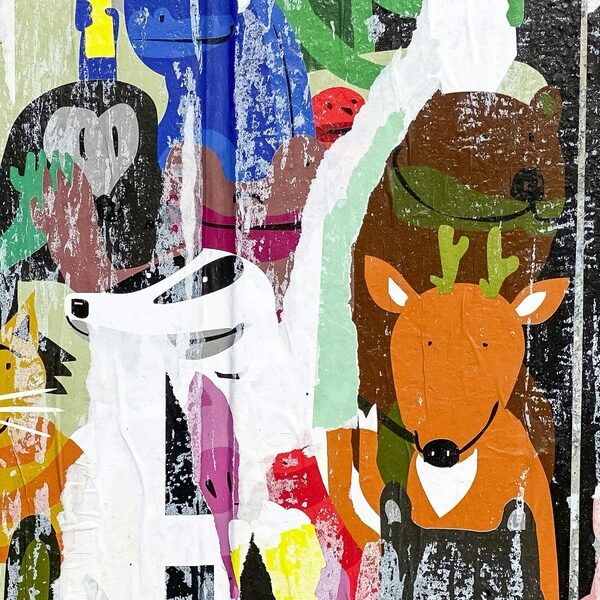This list includes 59 Common Animals that start with S, from “Sable” to “Swordfish”. They include birds, fish, mammals, reptiles, and invertebrates commonly used for classroom lists, flashcards, and quick reference.
Common animals that start with S are species whose widely used names begin with the letter S. Many familiar examples—like sparrow and seal—appear in folklore and natural history worldwide.
Below you’ll find the table with common name, scientific name, order, and habitat/distribution.
Common name: The familiar name you recognize, useful for searching, labeling, teaching, and sharing names with students or readers.
Scientific name: The Latin binomial gives precise identification so you can find consistent information across languages and scientific resources.
Order: Indicates the broader taxonomic group so you can compare related animals and understand general evolutionary relationships.
Habitat/distribution: Short note on where the animal lives or occurs, helping you match species to regions and ecosystems.
Methodology: This list prioritizes widely used common names and standard scientific names, focusing on familiar, well-documented species.
Use the A–Z index page to jump to other letters in this series.
Common Animals that start with S
| Common name | Scientific name | Order | Habitat/Distribution |
|---|---|---|---|
| Sable | Martes zibellina | Carnivora | Forests of northern Asia, from Russia to Japan. |
| Salamander | Caudata | Amphibia | Moist environments, streams, and woodlands, primarily in the Northern Hemisphere. |
| Salmon | Oncorhynchus spp. | Salmoniformes | Rivers and oceans in the Northern Hemisphere. |
| Sand Dollar | Dendraster excentricus | Clypeasteroida | Sandy seabeds in temperate and tropical waters worldwide. |
| Sandpiper | Scolopacidae | Charadriiformes | Shorelines, wetlands, and tundra worldwide. |
| Sardine | Sardina pilchardus | Clupeiformes | Coastal waters of the Atlantic, Pacific, and Mediterranean. |
| Sawfish | Pristidae | Rhinopristiformes | Shallow, coastal marine and freshwater habitats in tropical regions. |
| Scallop | Pectinidae | Pectinida | Marine environments worldwide, from shallow waters to the deep sea. |
| Scorpion | Scorpiones | Arachnida | Deserts, forests, and grasslands on all continents except Antarctica. |
| Sea Anemone | Actiniaria | Cnidaria | Oceans worldwide, attached to rocks, reefs, or the seabed. |
| Sea Cow | Trichechus manatus | Sirenia | Shallow coastal waters, rivers, and estuaries of the Atlantic. |
| Sea Cucumber | Holothuroidea | Echinodermata | Seabeds worldwide, from shallow waters to the deep ocean trenches. |
| Sea Horse | Hippocampus spp. | Syngnathiformes | Shallow tropical and temperate waters, often in seagrass beds. |
| Sea Lion | Zalophus californianus | Carnivora | Coastal waters and beaches of the Pacific Ocean. |
| Sea Otter | Enhydra lutris | Carnivora | Coastal waters and kelp forests of the North Pacific Ocean. |
| Sea Slug | Nudibranchia | Gastropoda | Marine environments worldwide, from shallow reefs to the deep sea. |
| Sea Turtle | Chelonioidea | Testudines | Tropical and subtropical oceans around the world. |
| Sea Urchin | Echinoidea | Echinodermata | Seabeds worldwide, often on rocky shores or coral reefs. |
| Seal | Phocidae | Carnivora | Primarily in cold marine waters in both hemispheres. |
| Seagull | Laridae | Charadriiformes | Coastal areas, lakes, and rivers worldwide. |
| Shark | Selachimorpha | Selachimorpha | Oceans worldwide, from shallow coastal waters to the deep sea. |
| Sheep | Ovis aries | Artiodactyla | Domesticated worldwide; wild ancestors from mountainous regions of Asia. |
| Shrew | Soricidae | Eulipotyphla | Terrestrial habitats worldwide, except Australia and polar regions. |
| Shrimp | Caridea | Decapoda | Freshwater and saltwater habitats worldwide. |
| Sidewinder | Crotalus cerastes | Squamata | Deserts of the southwestern United States and northwestern Mexico. |
| Silkworm | Bombyx mori | Lepidoptera | Domesticated, native to China. |
| Silverfish | Lepisma saccharinum | Zygentoma | Dark, damp areas in human dwellings worldwide. |
| Skink | Scincidae | Squamata | Diverse habitats worldwide, including forests, deserts, and grasslands. |
| Skunk | Mephitidae | Carnivora | Forests, grasslands, and suburban areas throughout the Americas. |
| Sloth | Folivora | Pilosa | Tropical rainforests of Central and South America. |
| Slug | Gastropoda | Pulmonata | Moist terrestrial environments worldwide. |
| Snail | Gastropoda | Gastropoda | Land, freshwater, and marine habitats worldwide. |
| Snake | Serpentes | Squamata | Found on every continent except Antarctica, in diverse habitats. |
| Snow Goose | Anser caerulescens | Anseriformes | Tundra breeding grounds in North America; winters in the southern U.S. |
| Snow Leopard | Panthera uncia | Carnivora | Mountainous regions of Central and South Asia. |
| Snowy Owl | Bubo scandiacus | Strigiformes | Arctic tundra of North America and Eurasia. |
| Sparrow | Passeridae | Passeriformes | Ubiquitous in urban and rural habitats worldwide. |
| Sperm Whale | Physeter macrocephalus | Cetacea | Oceans worldwide, from the equator to the polar regions. |
| Spider | Araneae | Arachnida | Virtually every terrestrial habitat on Earth. |
| Spider Monkey | Ateles spp. | Primates | Tropical rainforests of Central and South America. |
| Sponge | Porifera | Porifera | Aquatic environments worldwide, primarily in saltwater. |
| Spoonbill | Platalea spp. | Pelecaniformes | Wetlands and marshes on every continent except Antarctica. |
| Springbok | Antidorcas marsupialis | Artiodactyla | Dry inland areas of southwestern Africa. |
| Squid | Teuthida | Cephalopoda | Oceans worldwide, from surface waters to the deep sea. |
| Squirrel | Sciuridae | Rodentia | Woodlands and urban areas worldwide, except Australia and Antarctica. |
| Star-nosed Mole | Condylura cristata | Eulipotyphla | Wet, lowland areas of eastern North America. |
| Starfish | Asteroidea | Asteroidea | Marine environments worldwide, from tidal pools to the deep sea. |
| Starling | Sturnus vulgaris | Passeriformes | Native to Europe and Asia; introduced worldwide. |
| Stick Insect | Phasmatodea | Phasmatodea | Tropical and subtropical forests worldwide. |
| Stingray | Dasyatidae | Myliobatiformes | Coastal tropical and subtropical marine waters worldwide. |
| Stoat | Mustela erminea | Carnivora | Woodlands and moorlands across North America and Eurasia. |
| Stork | Ciconiidae | Ciconiiformes | Found on every continent except Antarctica, typically near wetlands. |
| Sturgeon | Acipenseridae | Acipenseriformes | Rivers, lakes, and coastal waters of the Northern Hemisphere. |
| Sun Bear | Helarctos malayanus | Carnivora | Tropical forests of Southeast Asia. |
| Sunfish | Mola mola | Tetraodontiformes | Tropical and temperate oceans worldwide. |
| Swallow | Hirundinidae | Passeriformes | Widespread on all continents, including Antarctica. |
| Swan | Cygnus spp. | Anseriformes | Lakes, rivers, and wetlands in temperate regions of both hemispheres. |
| Swift | Apodidae | Apodiformes | Widespread worldwide, except for polar regions and large deserts. |
| Swordfish | Xiphias gladius | Istiophoriformes | Tropical and temperate oceans worldwide. |
Descriptions
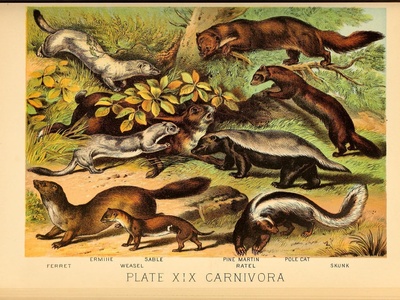
Sable
A species of marten valued for its luxurious, dark fur. It is an agile hunter, preying on small rodents, birds, and fish in its cold forest habitat.
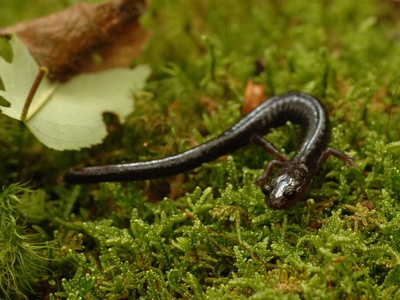
Salamander
An amphibian with a lizard-like appearance, slender body, and smooth, moist skin. They often live in or near water and can regenerate lost limbs.

Salmon
A popular migratory fish prized for its pink flesh. They hatch in freshwater, migrate to the ocean, and return to their birth river to spawn.
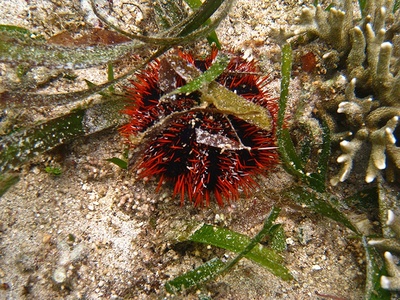
Sand Dollar
A flat, burrowing sea urchin with a rigid skeleton called a ‘test’. When they die, their sun-bleached skeletons often wash ashore, resembling large coins.
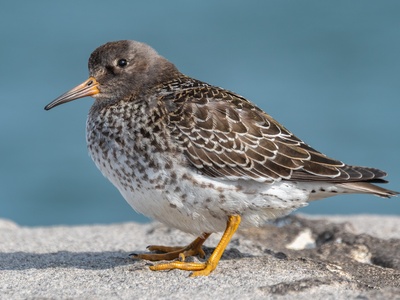
Sandpiper
A large family of wading birds known for their long bills and legs. They probe sand and mud for invertebrates and are often seen scurrying along beaches.
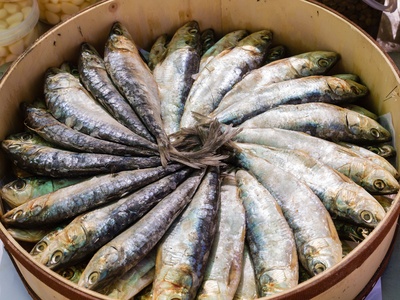
Sardine
A small, oily fish that travels in large schools. They are an important food source for larger predators and are commonly canned for human consumption.
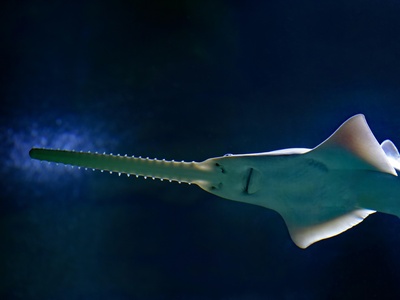
Sawfish
A type of ray characterized by a long, flat snout lined with sharp teeth, resembling a saw. They use this ‘saw’ to slash through schools of fish.
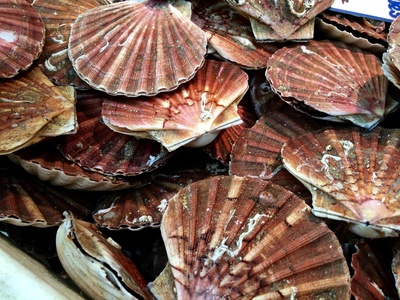
Scallop
A bivalve mollusk with a fan-shaped shell. Unlike most bivalves, many scallops are active swimmers, propelling themselves by clapping their shells together.

Scorpion
An eight-legged arachnid known for its grasping pincers and a segmented tail tipped with a venomous stinger. Most are nocturnal predators.
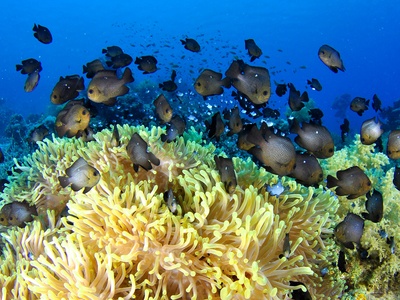
Sea Anemone
A predatory marine animal with a soft, cylindrical body and a mouth surrounded by venomous tentacles. They are closely related to corals and jellyfish.
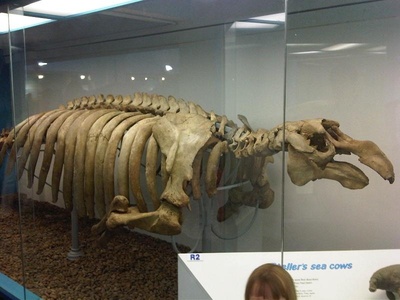
Sea Cow
A large, slow-moving aquatic mammal, also known as a manatee. These gentle herbivores graze on seagrass and other aquatic plants.
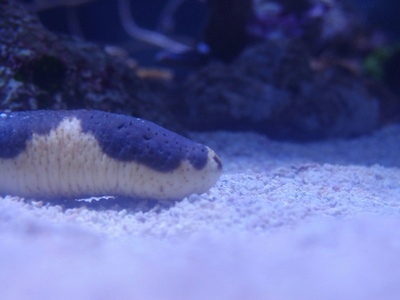
Sea Cucumber
A leathery-skinned, sausage-shaped marine animal related to sea stars. They feed on tiny particles in the sand and can expel their internal organs as a defense.

Sea Horse
A unique fish with an upright posture and a horse-like head. The male carries the eggs in a brood pouch and gives birth to live young.
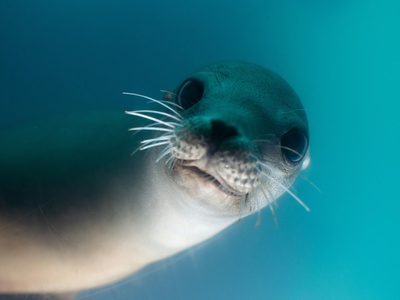
Sea Lion
An eared seal known for its intelligence, external ear flaps, and ability to ‘walk’ on land using its large flippers. Often seen in zoos and aquariums.
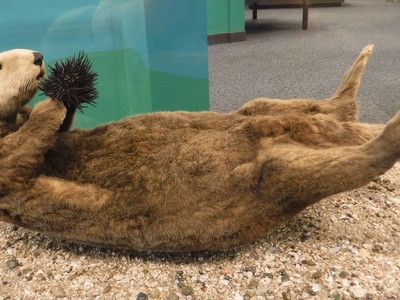
Sea Otter
The smallest marine mammal, known for its thick fur and playful behavior. They float on their backs and use rocks to crack open shellfish.
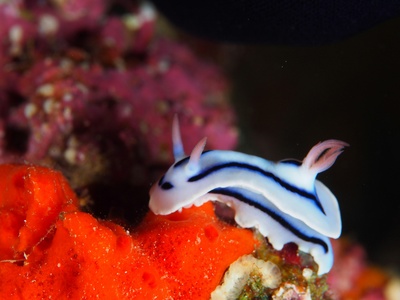
Sea Slug
A group of soft-bodied, shell-less marine mollusks known for their often extraordinary and vibrant colors. Many are toxic, deriving poison from their food.
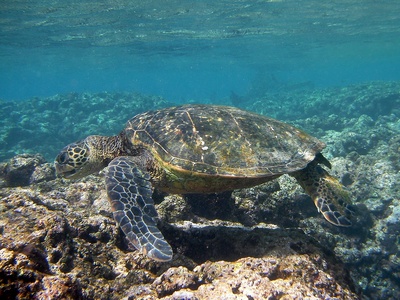
Sea Turtle
A large, air-breathing reptile with a streamlined shell (carapace). Females return to the beaches where they were born to lay their eggs.
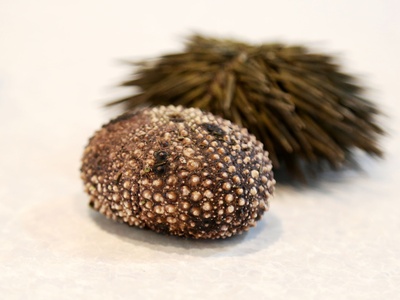
Sea Urchin
A spiny, globe-shaped animal related to sea stars. They move slowly on tube feet and use their sharp spines for protection and locomotion.

Seal
A true seal, lacking external ears and moving on land by wriggling on its belly. They are streamlined swimmers and expert hunters of fish and squid.

Seagull
A common and adaptable seabird, often simply called a gull. They are intelligent and resourceful scavengers with a distinctive, loud call.

Shark
A group of cartilaginous fish with streamlined bodies and multiple rows of sharp teeth. They range from the tiny dwarf lanternshark to the massive whale shark.

Sheep
A domesticated ruminant mammal, raised for its wool, meat, and milk. They are known for their strong flocking instinct and gentle nature.
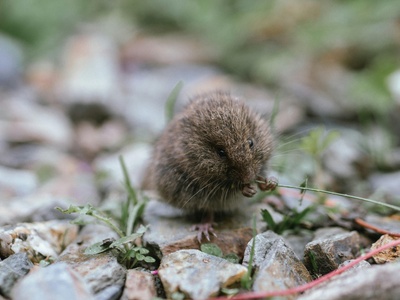
Shrew
A small, mouse-like mammal with a long snout and tiny eyes. They have a very high metabolism and must eat constantly to survive.

Shrimp
A crustacean with a long, segmented body and ten legs. They are important members of aquatic food webs and a popular seafood item.
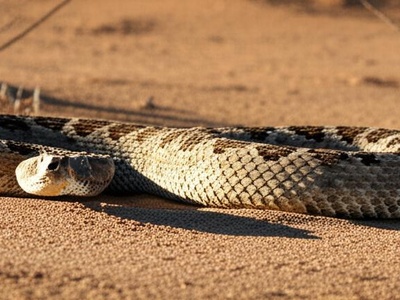
Sidewinder
A venomous rattlesnake named for its unique form of sideways locomotion, which helps it move efficiently across loose sand and minimize contact with the hot ground.
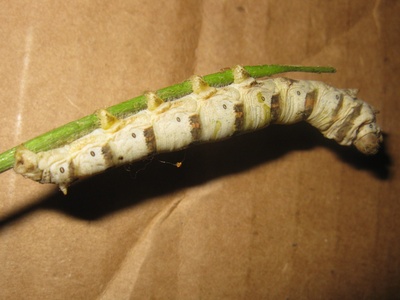
Silkworm
The caterpillar of the domestic silk moth. It spins a cocoon of raw silk, which is harvested and processed to create silk fabric.
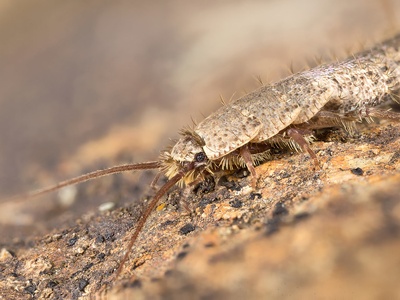
Silverfish
A small, wingless insect with a silvery, tapered body. They are nocturnal and feed on starches and sugars found in paper, glue, and clothing.

Skink
A type of lizard, typically with a long body, short legs, and smooth, glossy scales. Many can shed their tails to escape from predators.

Skunk
A mammal known for its ability to spray a foul-smelling liquid from glands under its tail as a powerful defense mechanism.

Sloth
An arboreal mammal famous for its extreme slowness. Their low metabolism allows them to conserve energy on a diet of leaves, and they spend most of their lives upside down.
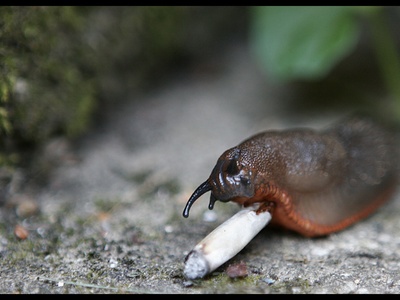
Slug
A snail without a shell, or with a very small internal one. Slugs move on a layer of mucus and are often considered garden pests.

Snail
A mollusk with a coiled shell on its back that it can retract into for protection. They move slowly using a muscular ‘foot’.

Snake
A legless, carnivorous reptile with a long, flexible body covered in scales. Some are venomous, while others constrict their prey.
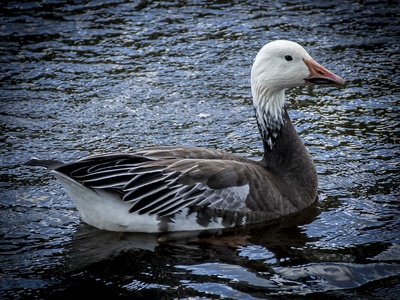
Snow Goose
A North American goose species with two color morphs: white and a darker ‘blue’ phase. They migrate in enormous, noisy flocks.
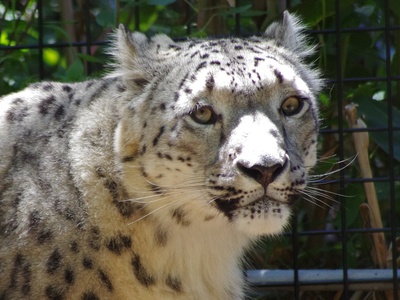
Snow Leopard
A large, elusive cat adapted to cold, high-altitude environments. It has a thick, smoky coat and a long tail used for balance and warmth.
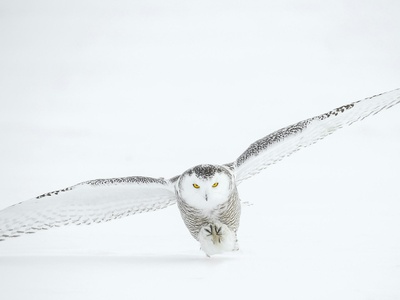
Snowy Owl
A large, white owl with distinctive yellow eyes. Unlike most owls, they are often active during the day, hunting rodents and birds in their treeless habitat.

Sparrow
A small, brown, and gray bird known for its cheerful chirping. Sparrows are highly social and have adapted successfully to living alongside humans.
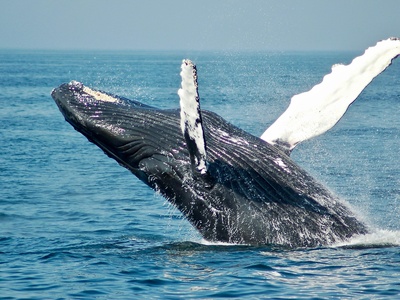
Sperm Whale
The largest toothed whale, with a massive, block-shaped head containing a waxy substance called spermaceti. They are famed for their deep dives to hunt giant squid.

Spider
An eight-legged arachnid known for producing silk, which many species use to spin webs to catch prey. Most spiders are venomous, but few are dangerous to humans.
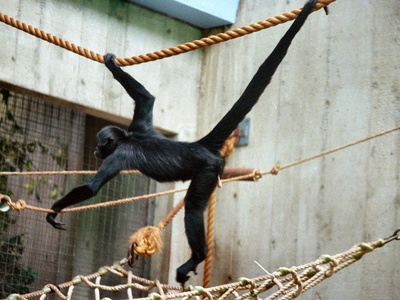
Spider Monkey
A long-limbed primate with a prehensile tail that acts as a fifth limb. They are highly agile, moving swiftly through the forest canopy in search of fruit.
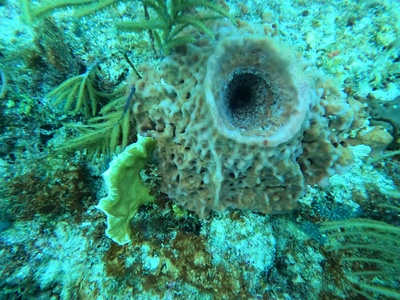
Sponge
A simple, multicellular animal that lacks true tissues or organs. They are filter feeders, drawing water through their porous bodies to extract nutrients.
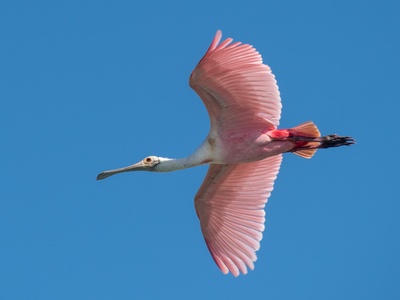
Spoonbill
A long-legged wading bird named for its distinctive, spoon-shaped bill. It feeds by sweeping its partially open bill from side to side in shallow water.
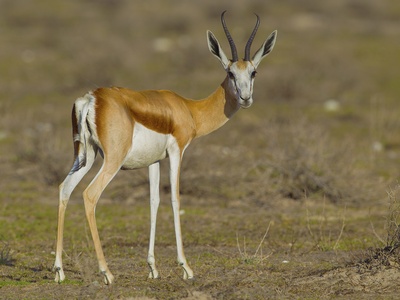
Springbok
A medium-sized antelope known for its incredible leaping ability, called ‘pronking’. It is the national animal of South Africa.

Squid
A fast-swimming cephalopod with eight arms, two longer tentacles, and a streamlined body. Many can change color for camouflage and communication.

Squirrel
A small, agile rodent with a bushy tail, known for its love of nuts and seeds. They are famous for burying food to retrieve later during colder months.
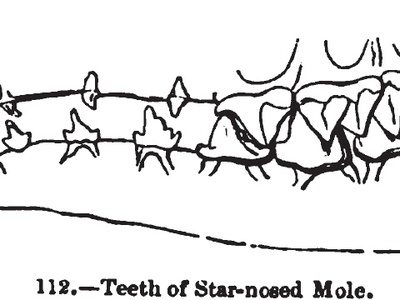
Star-nosed Mole
A small mole easily identified by the 22 fleshy, pink tentacles at the end of its snout. It uses this ‘star’ to feel for insects and worms underground.

Starfish
A star-shaped marine invertebrate, more accurately called a sea star. Most have five arms and can regenerate lost limbs, moving on hundreds of tiny tube feet.
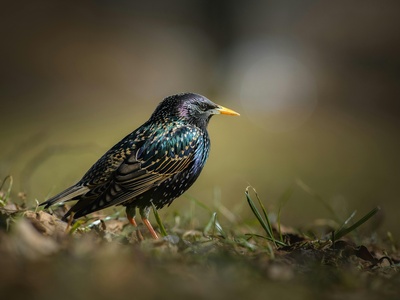
Starling
A highly social bird with glossy, iridescent black plumage. Starlings are known for forming huge, acrobatic flocks called murmurations.
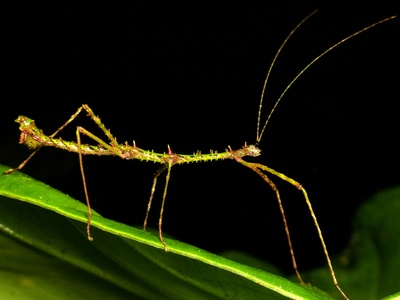
Stick Insect
An insect renowned for its remarkable camouflage, perfectly mimicking sticks or leaves. They are herbivores and move slowly to avoid detection.
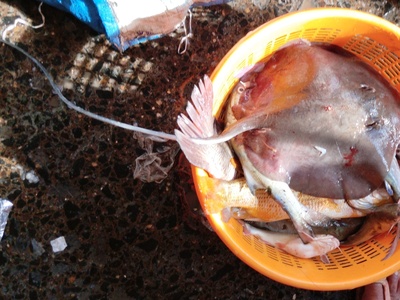
Stingray
A cartilaginous fish related to sharks, known for its flattened body and a long, whip-like tail that often has a venomous spine for defense.
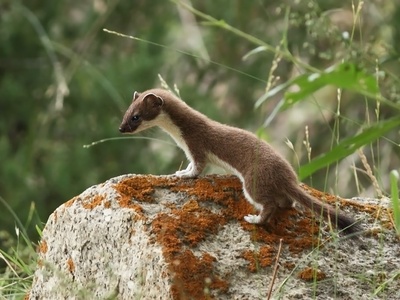
Stoat
A small, slender predator from the weasel family. In winter, its coat turns white for camouflage, at which point it is often called an ermine.

Stork
A large, long-legged wading bird with a long, stout bill. They are known for their elaborate courtship rituals and are famous in folklore for delivering babies.

Sturgeon
A large, prehistoric-looking fish known for its bony plates (scutes) and for producing valuable roe, which is processed into caviar.
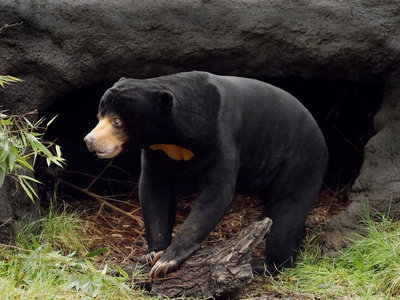
Sun Bear
The smallest bear species, with a sleek black coat and a distinctive yellow-orange, crescent-shaped patch on its chest, resembling a rising sun.
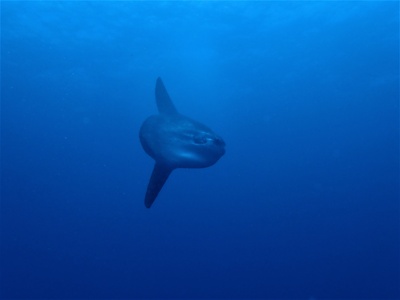
Sunfish
The heaviest known bony fish, also known as the ocean sunfish. It has a bizarre, flattened body that looks like a giant swimming head with fins.
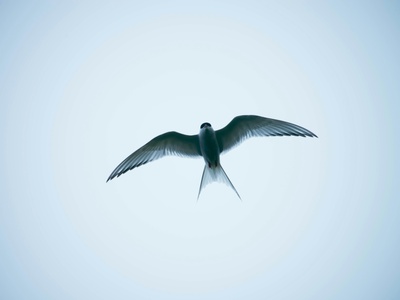
Swallow
A small, agile bird known for its superb aerial skills and forked tail. They feed on insects caught in flight and often build mud nests on buildings.

Swan
A large, graceful waterbird with a long, curving neck and typically white plumage. They are known for forming long-term monogamous pair bonds.
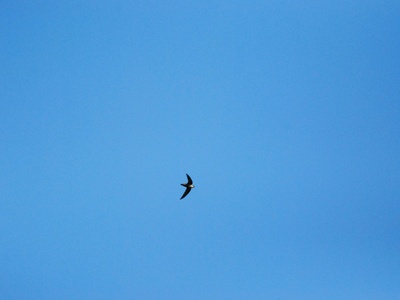
Swift
A bird that spends most of its life in the air, with long, scythe-like wings. They are among the fastest fliers and can eat, drink, and even sleep on the wing.
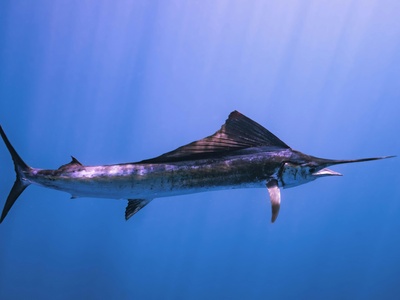
Swordfish
A large, predatory fish named for its long, flat, sword-like bill. It is one of the fastest fish in the ocean, using its ‘sword’ to slash at prey.

